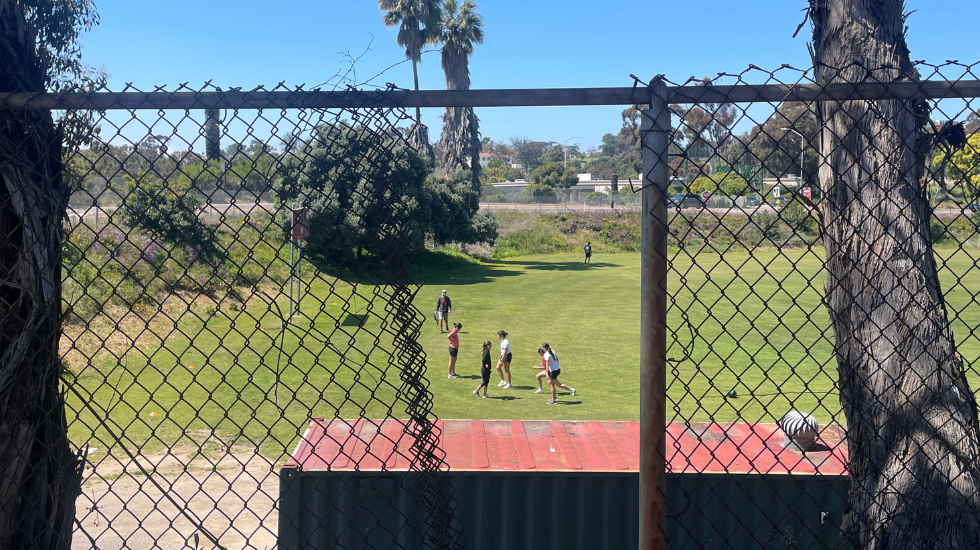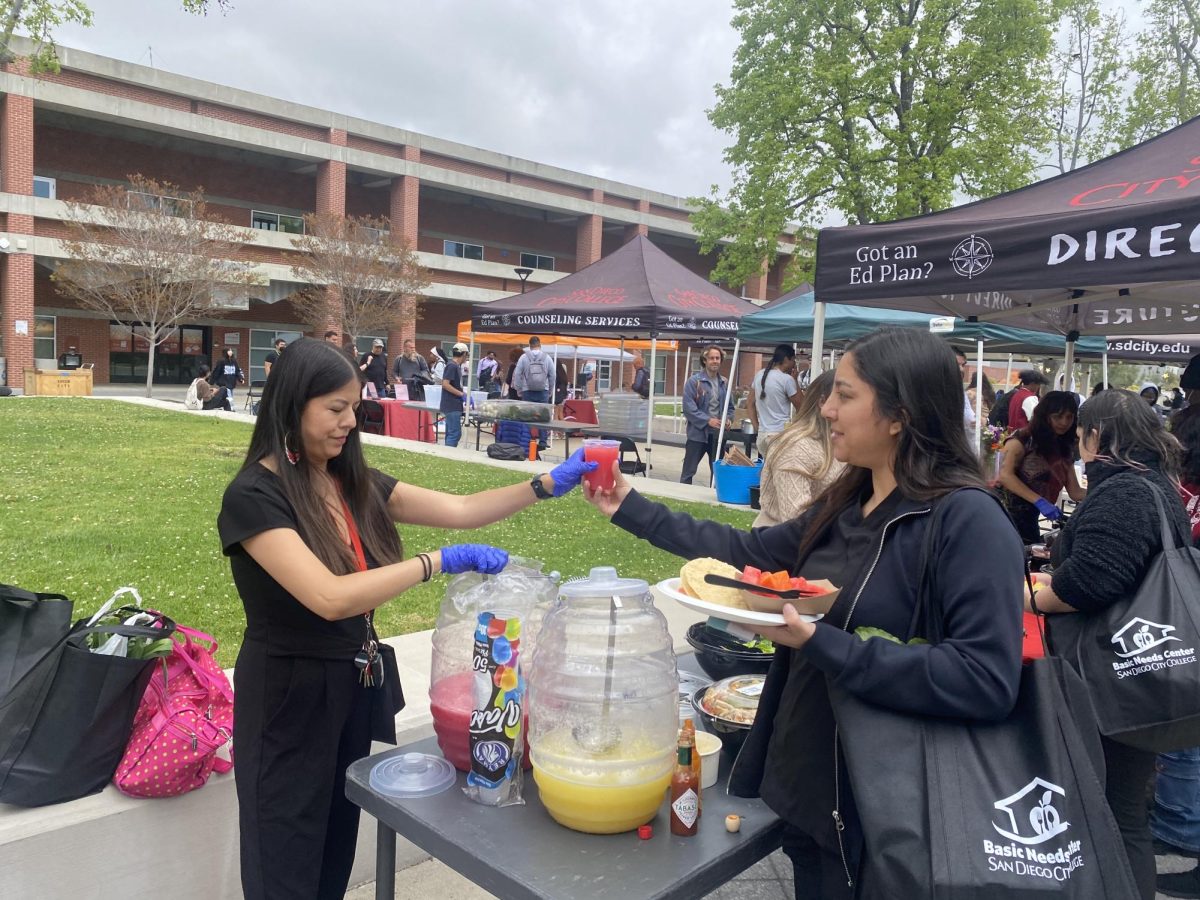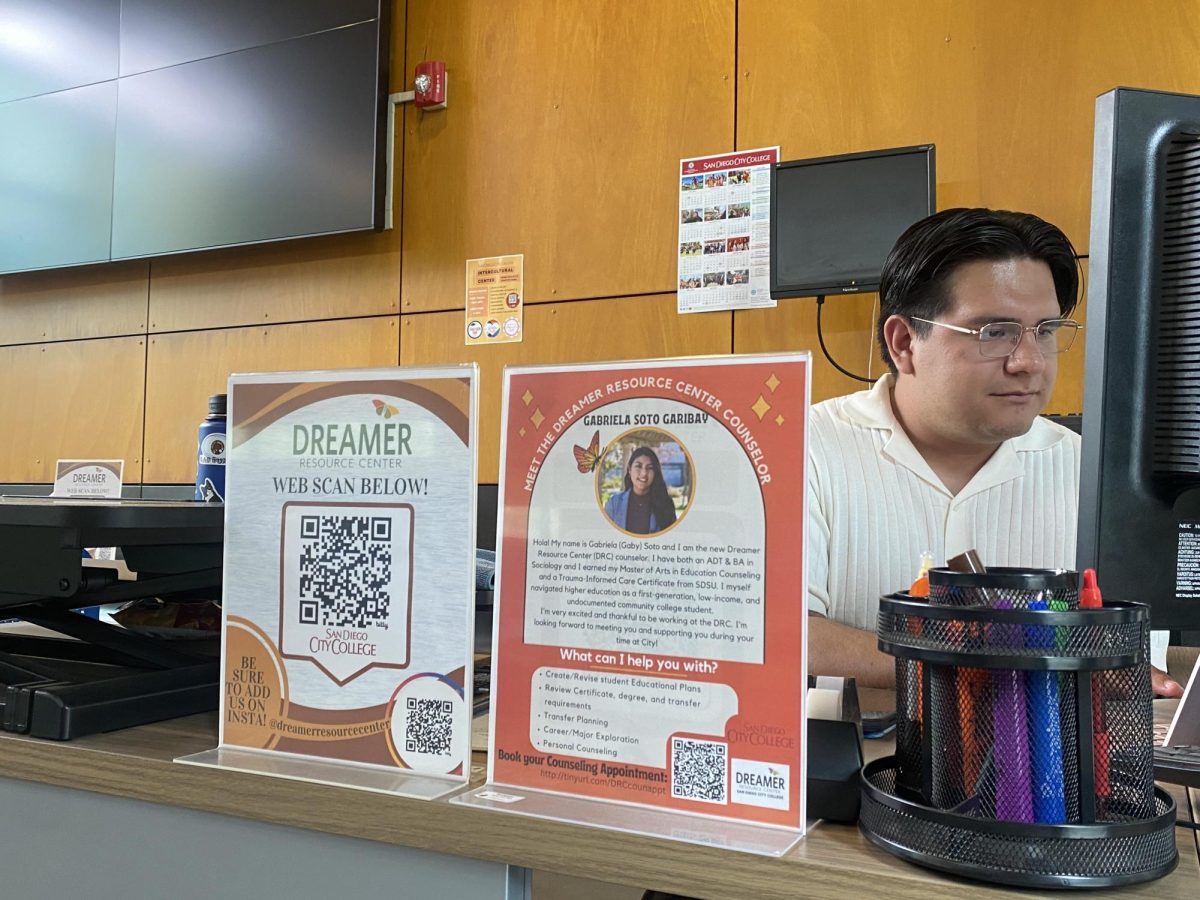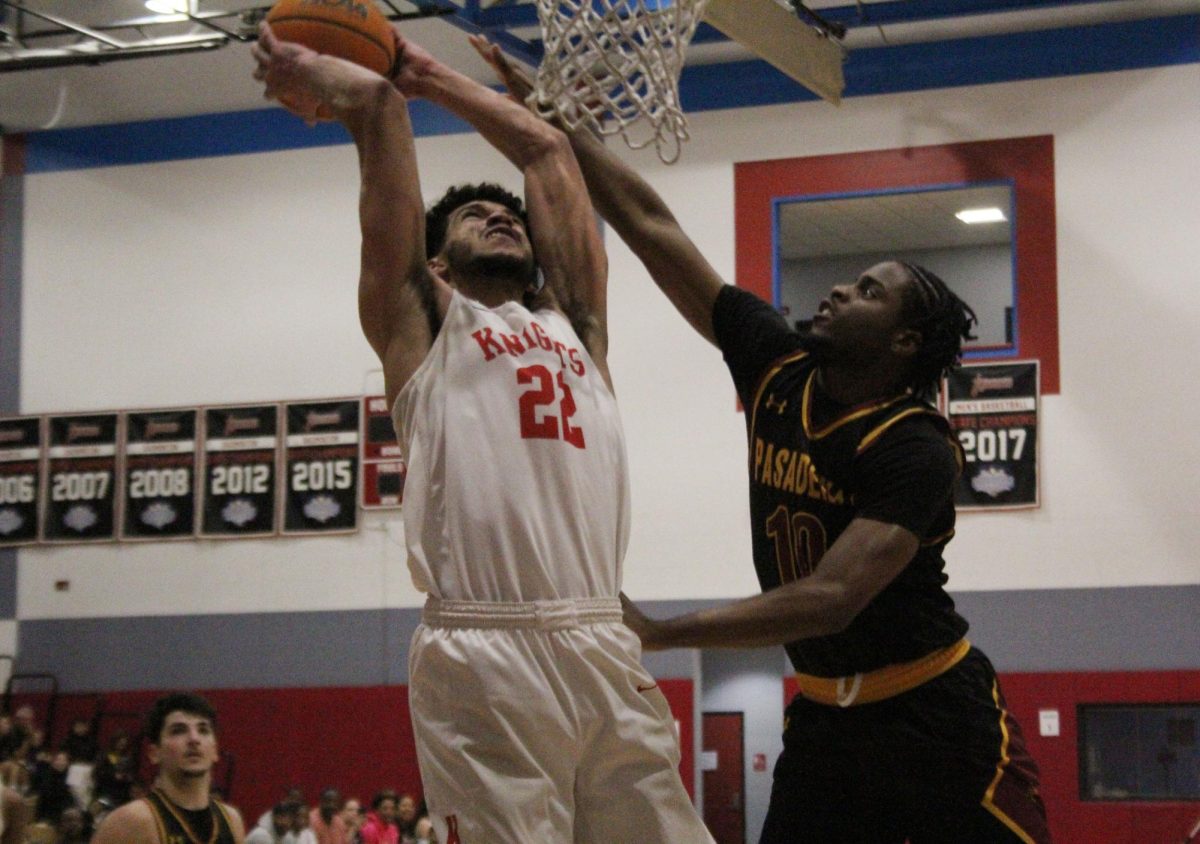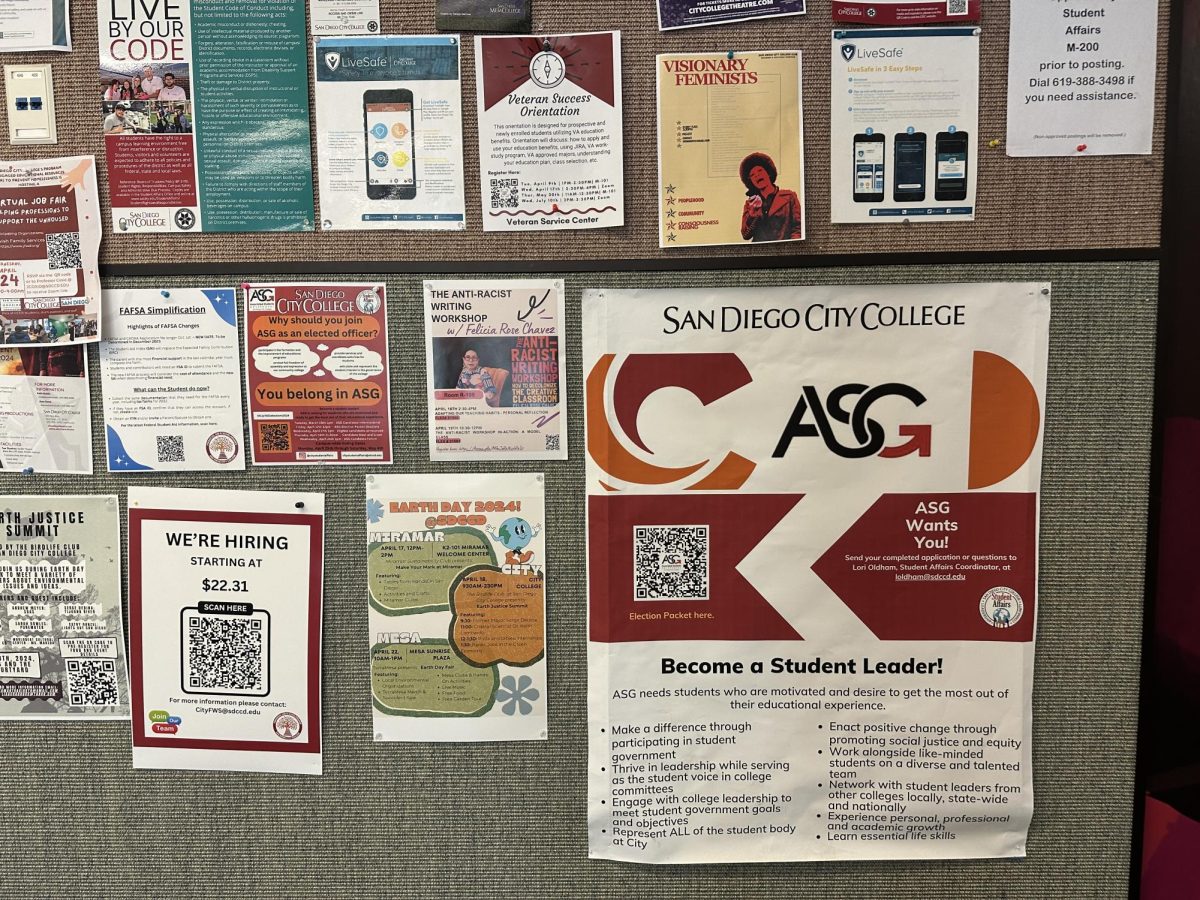Jared Lee Loughner, who allegedly killed six people while attempting to assassinate Rep. Gabrielle Giffords outside a Tucson grocery store, had attended the city’s Pima Community College. Loughner had been banned from campus after a series of classroom outbursts and threatening confrontations with professors.
School counselors have been discussing how they can better reach students before they harm others, especially after national tragedies such as Columbine, Virginia Tech and most recently the Tucson shootings. Counselors are attempting to prevent violent outbursts by giving mentally ill students the help they need without ostracizing them.
At City College, the Mental Health Counseling Center in room A-221 provides therapy-focused services that are free of charge to all currently enrolled students. The center’s mission statement on its website reads, “Our confidential and culturally sensitive services include short-term individual, couples and group counseling, crisis intervention, and outreach/prevention.”
Yet the center, which is separate from City College’s Counseling Department, does not provide long-term psychotherapy and psychiatric medication – and not everything said to a mental health professional here is completely confidential.
“By law, mental health professionals in California must notify appropriate authorities when there is a reason to believe that a client presents an immediate danger to himself/herself, or if a client makes a serious threat to harm another person,” says a flier issued by the center.
In Arizona, the legislature voted Feb. 16 to require the notification of mental health professionals when a college student is suspended or expelled for threatening behavior. This makes the “necessary action” line clear through school bureaucracy: A documented expulsion for a violent outburst would result in a serious mental intervention.
However, this line is harder to distinguish behind a counselor’s closed door. When does a violent comment become a serious threat?
The judgment is made easier with SLAP, an acronym employed by counselors to help identify potential threats. SLAP stands for the severity, lethality, accessibility and proximity of a threat. Action should be taken if a student is severely disturbed by some lethal motivation and has accessibility to a weapon that endangers others.
Although this system provides a helpful framework, terms such as “severe” and “proximal” are subjective, so a counselor must still be cautious when seeking help outside the office.
Students uncomfortable with the psychological behavior of others around them have several options. Campus police can be notified if the threat is an immediate one. Talking to a counselor is a more private alternative, as is requesting an intervention by the Mental Health Counseling Center.
City College counselor Katie Morris recommends that students who are frightened by the behavior of others should go wherever they feel most comfortable.
“Most students feel comfortable talking with a counselor or instructor to analyze their own unease before taking further action,” Morris said.
According to Morris, mentally ill students may need more specialized resources than those offered in her department.
“The counseling we do here is academic, career-oriented, transfer-related, and personal as well,” Morris said. “If a student needs more resources to deal with a mental disorder, we escort them to mental health services, and they generally cooperate.”
For information or an appointment for mental health services, call 619-388-3539. For mental health emergencies, call the access line at 800-479-3399. The City College counseling department can be reached at 619-388-3540.

